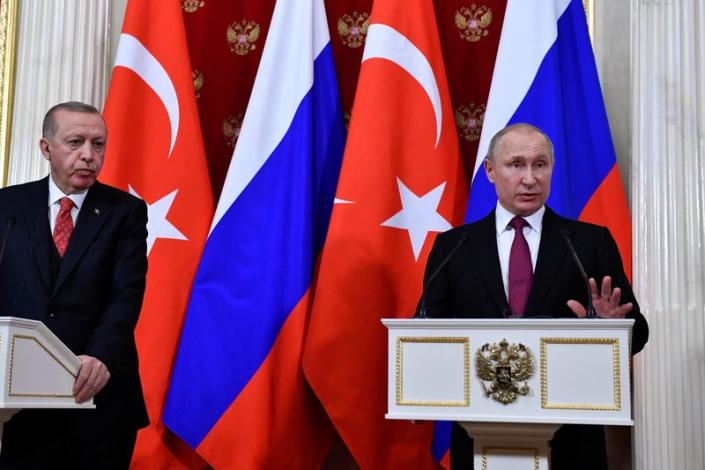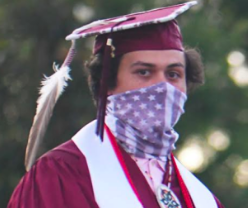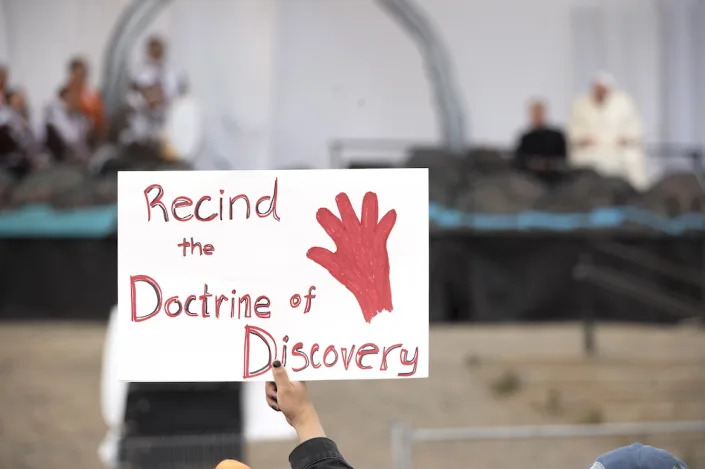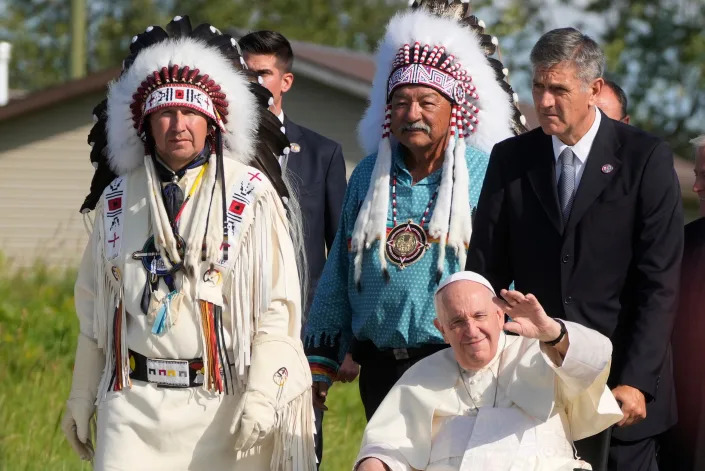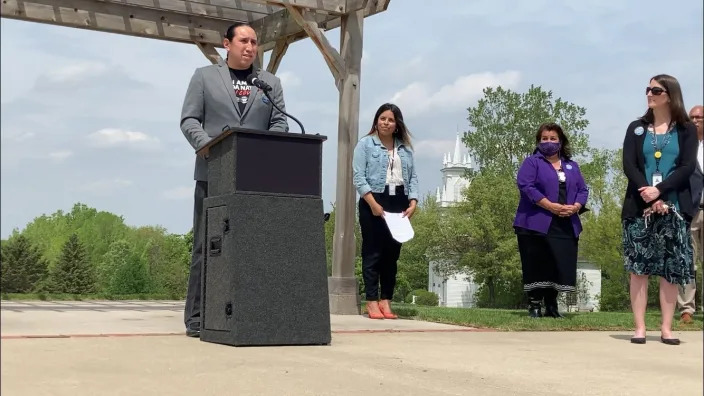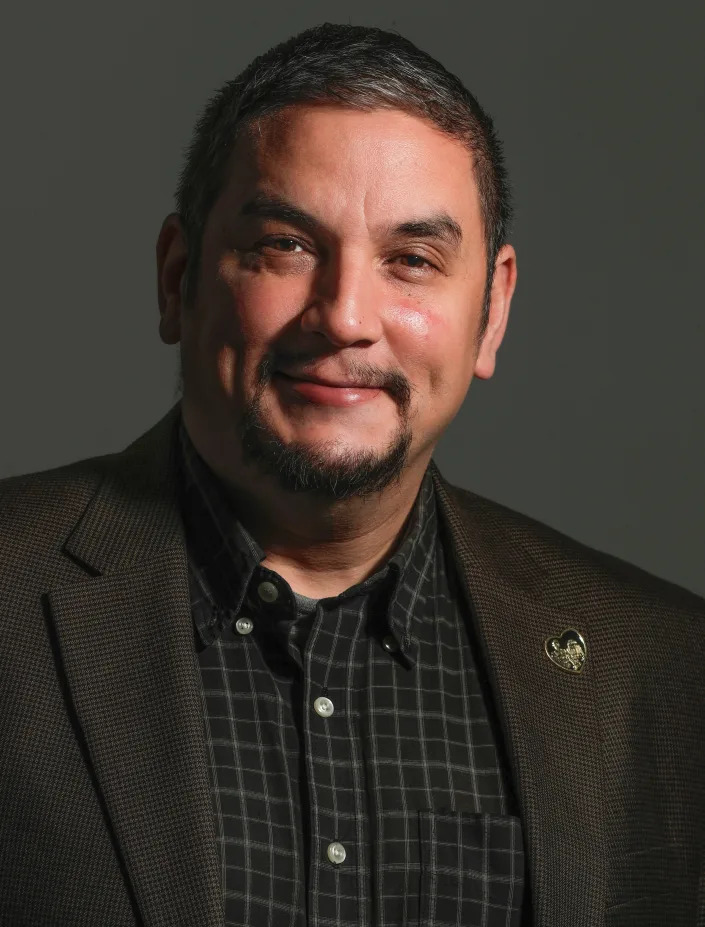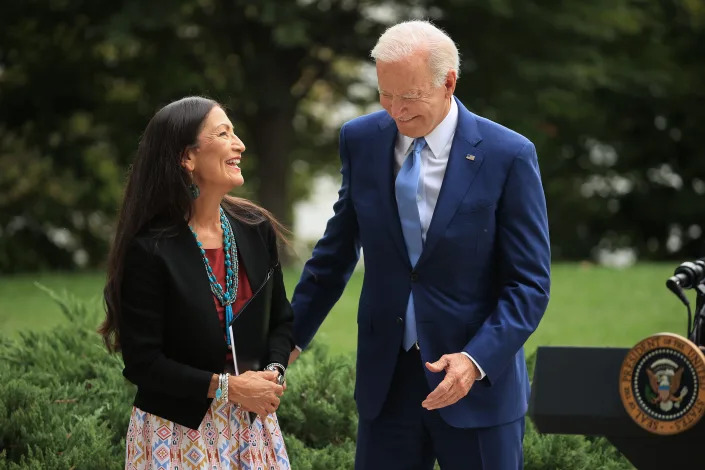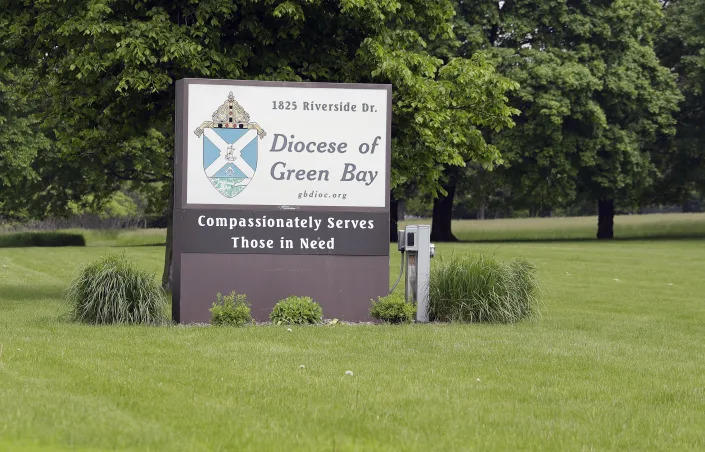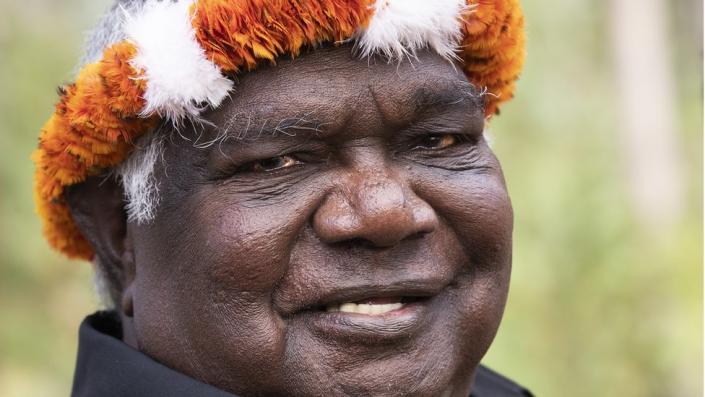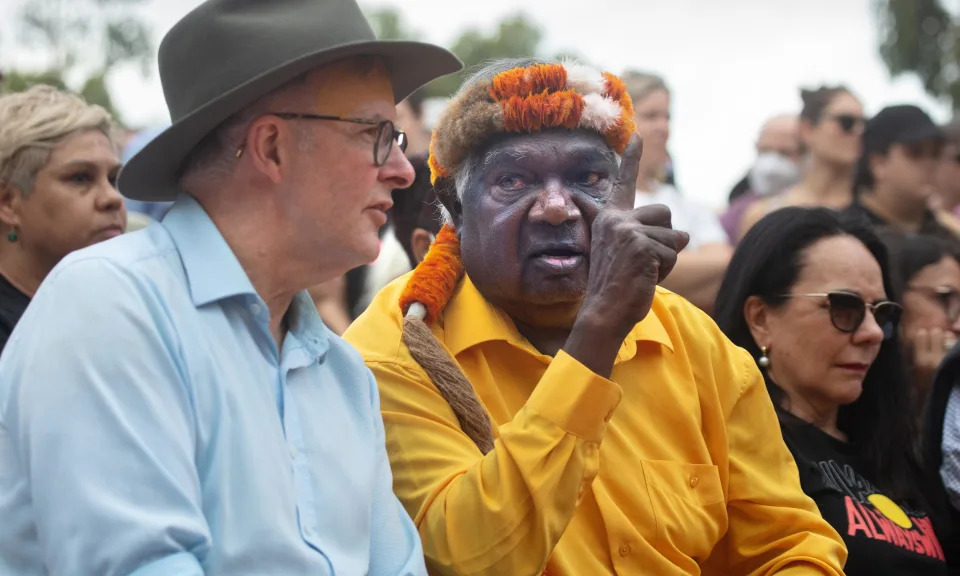
This photo shows a logo of a McDonald's restaurant in Havertown, Pa., on April 26, 2022. A report says McDonald’s has closed its U.S. offices for a few days as the company prepares to inform employees about layoffs.
Mon, April 3, 2023
NEW YORK (AP) — A report says McDonald’s has closed its U.S. offices for a few days as the company prepares to inform employees about layoffs.
The Wall Street Journal cited an internal email from the Chicago-based fast-food giant saying U.S. corporate staff and some employees overseas should work from home while the company notifies people of their job status.
McDonald’s did not immediately reply to emailed requests for comment. The report said McDonald’s would inform its employees this week about staffing decisions that are part of a wide restructuring of the company announced earlier.
Though the U.S. labor market remains strong, layoffs have been mounting, mainly in the technology sector, where many companies over-hired after a pandemic boom. IBM, Microsoft, Amazon, Salesforce, Facebook parent Meta, Twitter and DoorDash have all announced layoffs in recent months.
Policymakers at the Federal Reserve have forecast the unemployment rate may rise to 4.6% by the end of this year, a sizable increase historically associated with recessions.
McDonald's has more than 150,000 employees in corporate roles. About 70% of those employees are based outside the United States.
RECORD PROFITS CAN'T FIND WORKERS
The company reported its global sales rose nearly 11% in 2022, while sales in the U.S. climbed almost 6%. Total restaurant margins rose 5%. In its latest annual report, it cited difficulties in adequately staffing some of its outlets.
In January, McDonald's said its “Accelerating the Arches” program would focus on “deliveries, Drive Thru, digital and development.”
“We’re performing at a high level, but we can do even better," CEO Chris Kempczinski said in a Jan. 6 letter to employees. He said the company was divided into silos and that the approach was “outdated and self-limiting."
As the company reshapes its strategy, he said, “we will evaluate roles and staffing levels in parts of the organization and there will be difficult discussions and decisions ahead.”






